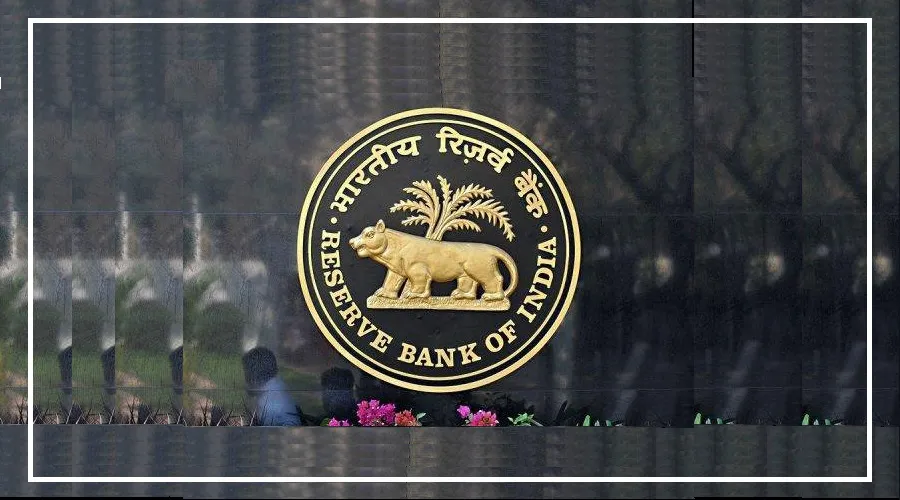The Reserve Bank of India (RBI) issued a circular on September 20, 2019, with guidelines for equalizing turnaround time (TAT) and compensating customers for transaction failures.
According to this circular, if a bank does not reverse debited money within a set time frame after a transaction fails, it must pay a daily penalty until the issue is resolved.
When Do You Receive the Penalty?
The bank’s penalty depends on the type of transaction that failed. This penalty is only provided if the transaction failure was beyond your control.
If you know the expected reversal time for your transaction, you can contact the bank to request the penalty if they exceed the set timeframe.
Situations Where a Penalty Is Imposed
ATM Transactions: If you attempt an ATM transaction, the money is deducted from your account, but cash is not dispensed, the bank must reverse the transaction within five days.
If not, you are entitled to a penalty of ₹100 per day for each day the reversal is delayed.
Card-to-Card Transfers: For card-to-card transfers, if money is deducted from your account but does not reach the recipient, the bank must reverse the amount within two days (T+1), where T is the transaction day. If the reversal is delayed, the bank will incur a ₹100 per day penalty.
PoS, IMPS, and UPI Transactions: If money is deducted during PoS (Point of Sale), IMPS, or UPI transactions but not credited to the recipient’s account, the bank has until the next day (T+1) to reverse the funds.
If this time limit is not met, the bank will be charged ₹100 per day until the amount is credited or refunded.
Detailed Rules on Penalties
For more details on penalty rules related to failed transactions, you can read the RBI guidelines titled “Harmonisation of Turn Around Time (TAT)
and customer compensation for failed transactions using authorised Payment Systems.”

